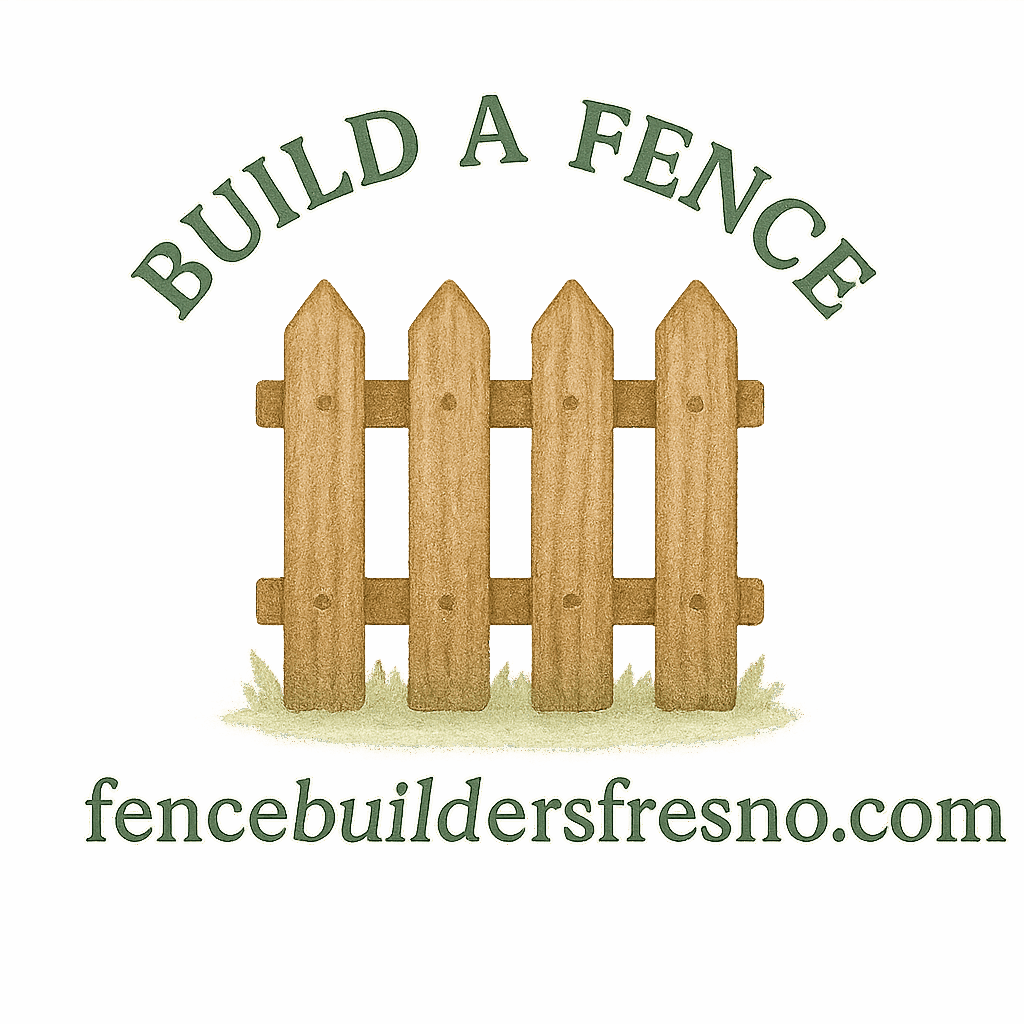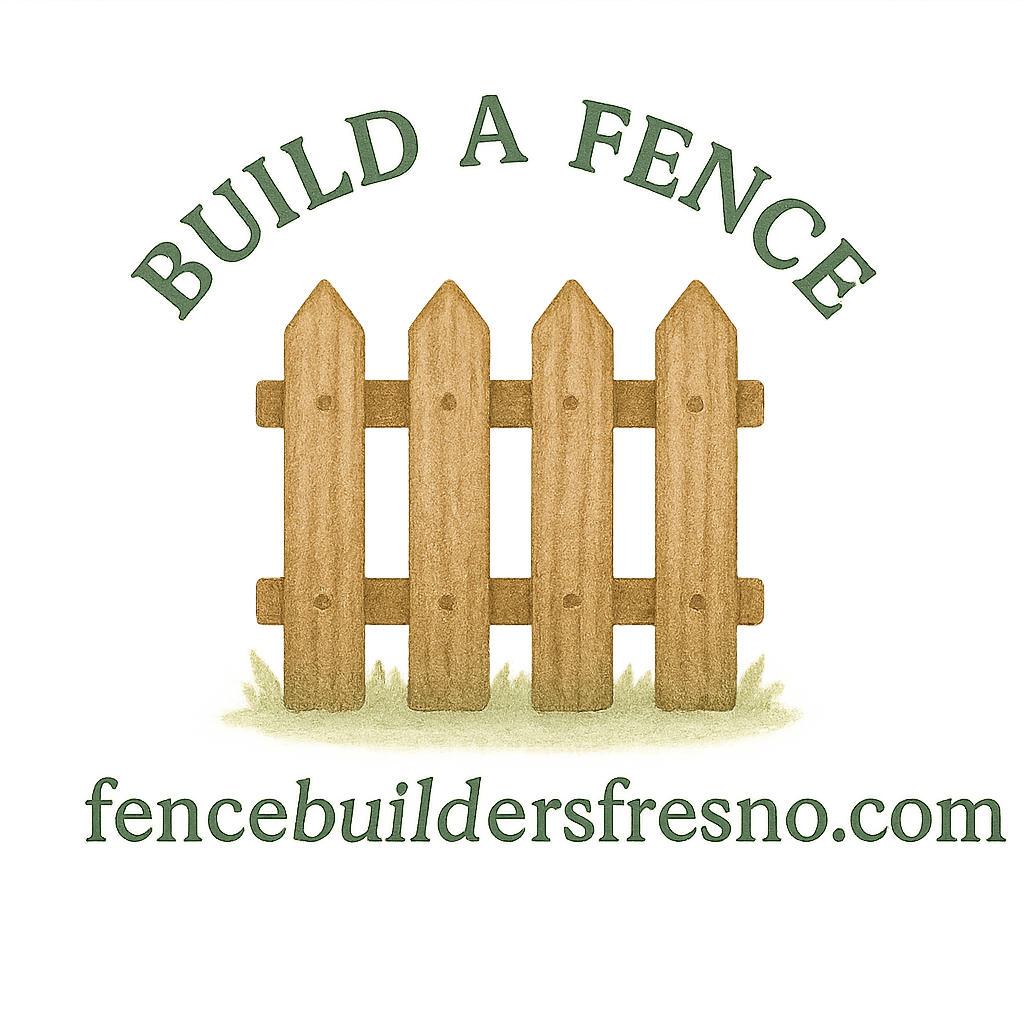Introduction: Why DIY Fence Planning Costs Matter
Planning a fence isn’t just about choosing a material and grabbing some tools—it’s about understanding the true cost of your DIY fencing project. Miscalculations can leave you with half-finished panels, strained budgets, or even legal disputes. That’s why getting a solid handle on DIY fencing planning costs upfront is essential.
The good news? With a few smart strategies, you can estimate costs accurately, avoid surprises, and keep your project stress-free. In this guide, we’ll cover five proven ways to calculate costs, along with bonus tips and common mistakes to avoid.
If you’re brand new to building fences, check out our Fence Building Basics before diving in—knowing the fundamentals will make planning costs much easier.
Understanding the Basics of DIY Fencing Costs
Before we dive into cost calculation methods, it helps to understand the main components that affect fence costs.

Material Selection and Its Impact on Costs
The fence material you choose will be the largest factor. Wood, vinyl, chain link, and decorative metal all come with very different price tags. To get inspiration, visit our Fence Design & Planning Guide.
Tools and Equipment Expenses
Even if you already own some tools, DIY projects often require specialized equipment. Renting or buying can change your budget dramatically.
Labor Savings vs. Hidden Costs
DIY means saving on labor—but don’t ignore hidden costs like permits, soil prep, or post-setting concrete. Learn more in our Fence Installation Tips.
Way #1: Calculate Costs Based on Fence Material
Each material carries unique pros, cons, and costs.
Wood Fence Costs
Wood is classic, affordable, and versatile. But don’t forget ongoing care—our Wood Fence Care Guide explains long-term upkeep costs.
Vinyl Fence Costs
Vinyl costs more upfront but is low-maintenance and durable. If you’re after a hassle-free solution, check out our Vinyl Fence Guide.
Chain Link Fence Costs
Practical and cost-effective, chain link is ideal for large areas. It’s also easy to install for most DIYers.
Metal and Decorative Fence Costs
Wrought iron and aluminum fences boost curb appeal but are pricier. Explore ideas in our Decorative Fence Collection.
Way #2: Calculate Costs Based on Fence Length and Height
The size of your fence makes a big difference.
Measuring Property Lines Accurately
Always confirm your property lines before buying materials—mistakes can lead to fence encroachment disputes.
Height Considerations and Price Impacts
A 6-foot privacy fence costs much more than a 3-foot front-yard option. For design inspiration, browse our Front Yard Fence Ideas.
Way #3: Calculate Costs Based on Tools and Equipment
Tools can make or break your project budget.
Buying vs. Renting Tools
If you’re planning more than one project, buying may make sense. For one-off projects, renting is often smarter.
Safety Gear and Extra Supplies
Don’t forget to budget for gloves, goggles, and post-setting concrete. For a checklist, see our DIY Fence Guide.
Way #4: Calculate Costs Based on Labor and Time
DIY saves on labor, but your time has value.
Value of Your Time When Doing DIY Projects
Installing a fence isn’t a one-day job. Consider how much time you’ll invest, especially if you’re tackling large yards or tricky terrain.
When to Hire Help Instead of DIY
Sometimes hiring partial help makes sense—like setting posts in rocky soil. For more tips, explore Durable Fencing Methods.
Way #5: Calculate Costs Based on Permits and Legal Factors
Legal aspects can add unexpected expenses.
Property Line Disputes and Encroachment Issues
Nothing derails a project faster than a boundary dispute. Learn how to avoid them in our Property Line & Rights Guide.
City Permits and Legal Requirements
Most cities require permits for taller fences. See our Legal Property Considerations for full details.
Additional Factors That Influence DIY Fencing Planning Costs
Beyond materials and size, a few more things affect costs.
Terrain and Soil Conditions
Uneven or rocky ground may require special equipment.
Maintenance and Long-Term Upkeep Costs
Plan ahead for staining, cleaning, or replacing parts. Our Fence Maintenance & Repair Guide shows what to expect.
Cost-Saving Tips for DIY Fence Builders
Want to lower your DIY fencing planning costs?
Buying in Bulk
Purchase materials in larger quantities to get discounts.
Recycling or Repurposing Materials
Consider reclaimed wood or old fencing materials. For creative ideas, check out our Low-Maintenance Fence Options.
Common Mistakes People Make When Estimating Fence Costs
- Forgetting about delivery fees
- Ignoring permits
- Underestimating post/panel counts
- Skipping long-term maintenance
Avoid these mistakes by reviewing our Upkeep Tips.
DIY Fencing Planning Costs vs. Hiring Professionals
Sometimes hiring a pro makes more sense.
Pros of DIY Cost Planning
- Save on labor
- Full budget control
- Personal satisfaction
Pros of Professional Estimates
- Accuracy in material needs
- Time savings
- Expertise in design and installation (see our Fence Guide)
Conclusion: Mastering DIY Fence Cost Planning
Calculating DIY fencing planning costs doesn’t have to feel overwhelming. By breaking it into materials, size, tools, labor, and permits, you’ll get a realistic budget and avoid nasty surprises. A well-planned fence adds privacy, value, and curb appeal to your home—without blowing your budget.
If you’re ready to take the next step, explore our complete Home Fencing Resources to guide you through every stage of the process.
FAQs
Q1: What’s the cheapest DIY fence material?
Chain link is typically the most affordable, but wood (like pine) can also be budget-friendly.
Q2: Do I need a permit for every fence?
Not always. Check local requirements in our Legal Fencing Guide.
Q3: How do I calculate fence material costs?
Use our Fence Types & Comparisons to estimate per-foot pricing.
Q4: What about long-term maintenance costs?
See our Fence Maintenance Tips to learn how upkeep affects costs.
Q5: Should I hire or DIY for rocky terrain?
For tough soil, hiring help can be cheaper in the long run.
Q6: How do I prevent boundary disputes?
Review our Property Rights & Dispute Guide before building.
Q7: Is DIY always cheaper than hiring pros?
Not always—mistakes can be costly. Use our Build Fence Resources to avoid common pitfalls.


